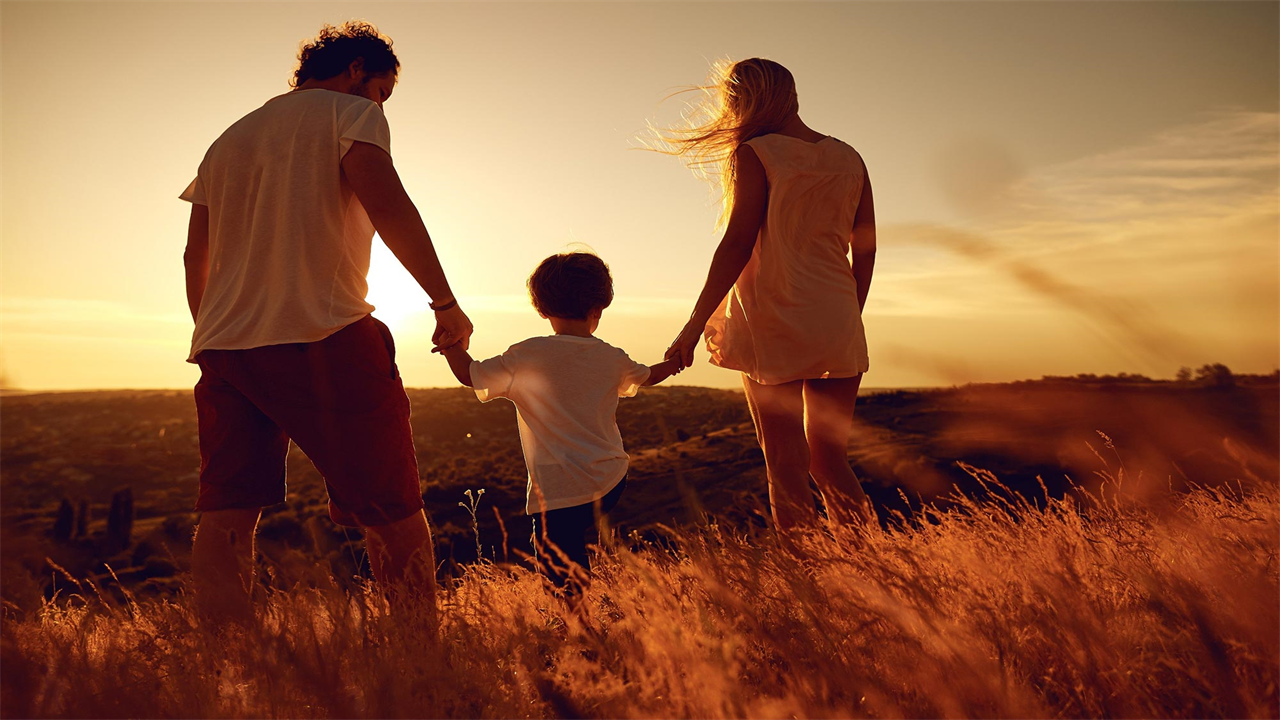Children Who Spent More Time in Nature Fared Best
0 View
Share this Video
- Publish Date:
- 18 October, 2021
- Category:
- Covid
- Video License
- Standard License
- Imported From:
- Youtube
Tags

Children from less affluent backgrounds likely experienced the COVID-19 lockdowns as more challenging to their mental health, as they were less connected to nature than their wealthier peers, a new study suggests.
A study found that children who were more connected to nature during the initial COVID-19 lockdown were likely to have fewer behavioral and emotional problems than children whose connection to nature remained the same or diminished – regardless of their socioeconomic status.
The study, conducted by researchers from the University of Cambridge and the University of Sussex, also found that children from affluent families increased their bond with nature during the pandemic more than their less-wealthy peers.
Nearly two-thirds of parents reported a change in their child’s connection to nature during the lockdown, while a third of children who lost their connection to nature showed more well-being problems – either from ‘acting’ or from more grief or fear.
The results strengthen the case for nature as an inexpensive method of mental health support for children, and suggest that more efforts should be made to support children in connecting with nature – both at home and at school.
The researchers’ suggestions for achieving this include: reducing the number of structured extracurricular activities for children to have more time outdoors, offering garden projects in schools, and funding schools, especially in deprived areas. , to implement nature-based learning programs.
The study, published Oct. 13, 2021 in the journal People and Nature, also provides important guidance regarding potential future constraints during the COVID-19 pandemic.
“We know that access to and engagement with nature is associated with broad benefits in children and adults, including reducing anxiety and depression and reducing stress,” said Samantha Friedman, a researcher at the University’s Center for Family Research. from Cambridge. , lead author of the study.
She added: “Due to the COVID-19 lockdowns, children no longer had their normal school activities, routines and social interactions. Removing these barriers gave us new context to look at how changes related to nature affected mental health.
“Being connected to nature may have helped protect some British children from the effects of the lockdown, but we found that children from less affluent families at the time were less likely to increase their connection to nature.”
Increased closeness to nature was reflected in reports of children spending time gardening, playing in the yard, or doing outdoor physical activities. This was often linked to the fact that there was more time available for these activities during the lockdown. Conversely, according to parents, a decreased closeness to nature was explained by the inability to access certain natural spaces due to travel restrictions in effect at the time.
“Connecting with nature can be an effective way to support children’s well-being, especially when children return to normal routines, such as school and extracurricular activities,” says Dr. Elian Fink, a psychology lecturer at the University of Sussex, who was also involved in the study.
She added: “Our findings could be helpful in redesigning lockdown rules if the UK needs to return to these conditions in the future, especially to countries whose lockdown restrictions prevented children from accessing nature .
“Prolonging the time children have access to nature, or extending the distance children are allowed to travel to access nature, could have a beneficial effect on their mental health.”
The study used an online survey to collect responses from 376 families in the UK, with children aged between three and seven, between April and July 2020. More than half of these families reported that their child’s connection to nature increased during the first COVID-19 Lockdown. The other parents whose connection to the children’s nature decreased or remained the same during this period also reported that their children experienced more welfare problems.
A commonly used gold standard questionnaire was used as a measure of each child’s mental health – assessing emotional problems such as unhappiness, worrying, anxiety and depression; and behavioral problems such as anger and hyperactivity.
“Mental problems can manifest themselves in different ways in different children. We found that greater closeness to nature was associated with reductions in both emotional and behavioral problems,” Fink said.
She added: “In reality, the contrasting experiences of access to nature between different socioeconomic groups may be even stronger than our study found, as respondents to our online study were largely from more affluent social groups.”
Parents with children between the ages of three and seven responded to the study survey with reference to a particular child. The researchers focused on this age group because they would likely experience a lot of inconvenience due to the pandemic and also have less understanding of what was happening.
“Our research revealed the wide range of ways parents can help children become more connected to nature. This may be a little daunting for some, but it doesn’t necessarily have to be camping in the woods and foraging for food – it can really be as simple as going for a walk near your house or sitting outside for ten minutes a day,” Friedman said.
Reference: “Understanding Changes in Children’s Connection to Nature During the COVID-19 Pandemic and Implications for Child Well-Being” by Samantha Friedman, Susan Imrie, Elian Fink, Mina Gedikoglu and Claire Hughes, October 13, 2021, People and nature.
DOI: 10.1002 / pan3.10270










